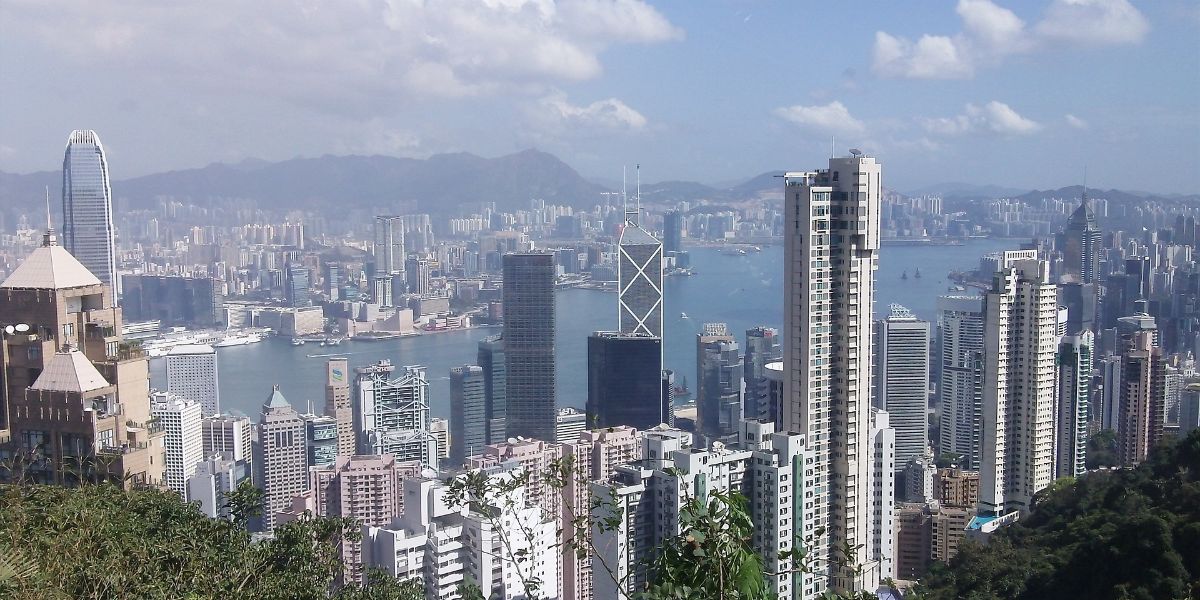Hong Kong SAR government and the Inland Revenue Department (IRD) released the Outcome of the Consultation on the Implementation of Global Minimum Tax and Hong Kong Minimum Top-up Tax on 30 October 2024.
The Government launched a consultation between December 2023 and March 2024 to gauge public views on the implementation of the global minimum tax and the Hong Kong Minimum Top-up Tax (HKMTT), as well as their corresponding changes to Hong Kong’s tax administration regime.
This paper provides a summary of the stakeholders’ feedback received and the government’s follow-up.
As mentioned in the consultation paper submitted to this Panel in February 2024, the GloBE rules have been finalised based on the international consensus and there is hence no room for deviation. This consultation mainly sought to explain the policy rationale and key features of the GloBE rules that are relevant to Hong Kong, and invited views on the design and administration of the HKMTT.
Comments were sought on the following issues specifically, charging provisions, calculation of the ETR and top-up tax, transition rules, design of the HKMTT, safe harbours, tax compliance and administration, and mandatory electronic filing of profits tax returns.
The Financial Services and the Treasury Bureau and the Inland Revenue Department (“IRD”) conducted 13 engagement sessions with the relevant stakeholders during and after the consultation period. On 3 The UTPR serves as a backstop to ensure that all top-up tax is paid where any of such tax is not brought into charge under the IIR. It requires constituent entities in jurisdictions implementing the UTPR (“UTPR jurisdictions”) to pay their share of the top-up tax remaining after the application of the IIR, with the share calculated in proportion to the relative share of tangible assets and employees in the UTPR jurisdiction.
Written submissions were received from 26 respondents (at Annex A). Given the technical nature of the issues involved, the respondents were mainly from business chambers, professional bodies, tax professionals, MNE groups, etc. In general, the respondents supported the Government’s proposal to implement the global minimum tax from 2025 onwards so as to safeguard Hong Kong’s taxing rights.
They also supported the implementation of the HKMTT that would qualify as a Qualified Domestic Minimum Top-up Tax (“QDMTT”) under the GloBE rules such that in-scope MNE groups may benefit from the QDMTT safe harbour. Where the QDMTT safe harbour is applicable, the top-up tax payable by these MNE groups under the GloBE rules in Hong Kong would be deemed as zero.
The respondents’ specific comments were carefully considered towards the legislative proposals and largely taken on board their views on the implementation timeline of the UTPR, design of the HKMTT, as well as issues in relation to tax compliance and administration.
Having regard to the feedback received, the government will:
- implement the IIR and the HKMTT from 2025, while the UTPR will be implemented later subject to further studies, having regard to the implementation timelines of other jurisdictions;
- introduce a definition for “Hong Kong resident entity” for the general purposes of the IRO to determine whether an entity is located in Hong Kong for the purpose of collecting top-up tax;
- exclude investment entities and insurance investment entities from the scope of HKMTT to preserve tax neutrality for these entities;
- allow annual designation of one or more than one paying entity for top-up tax under the UTPR and HKMTT regimes to provide flexibility to in-scope MNE groups; and
- extend the payment due date of the top-up tax and the objection period of the top-up tax assessment so as to ease compliance burden. The government will also provide for a longer limitation period for raising assessments under the GloBE rules.
A summary of the views on major issues received and the Government’s responses are at Annex B. During the consultation exercise, some stakeholders raised a number of technical taxation issues.
The IRD will continue to engage them and provide advice as appropriate. They are finalising the amendments to the IRO, and plan to introduce an amendment bill into the Legislative Council by January 2025 for implementing the global minimum tax and the HKMTT.














